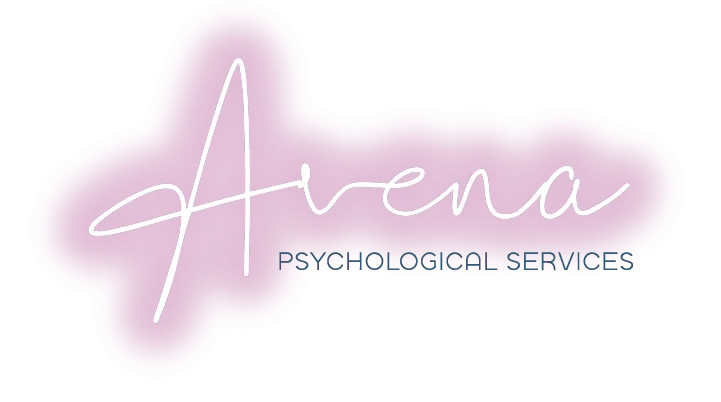Healing from emotional abuse is a journey that requires courage, self-compassion, and the right strategies. Emotional abuse can leave lasting scars, impacting your self-esteem, trust, and overall well-being.
In this blog, we’ll explore therapist-approved strategies to help you embark on the path of healing from emotional abuse and reclaim your inner strength.
Understanding Emotional Abuse
Emotional abuse involves harmful behaviors that manipulate, control, or belittle an individual’s emotions and sense of self-worth. It can occur in various relationships, such as romantic partnerships, friendships, or even within families. The effects of emotional abuse can be profound, often leading to anxiety, depression, and a distorted self-image.
Therapist Approved Strategies for Healing
- Recognize and Acknowledge: The first step towards healing is recognizing that you have experienced emotional abuse. Acknowledge the impact it has had on your emotional well-being and understand that your feelings are valid.
- Seek Professional Help: A qualified therapist can provide you with the guidance and tools needed to heal from emotional abuse. Therapy offers a safe space to process your emotions, learn coping strategies, and rebuild your self-esteem.
- Set Boundaries: Establish healthy boundaries to protect yourself from further harm. Learn to say no and prioritize your needs, ensuring that you are not subjected to further emotional manipulation.
- Practice Self-Compassion: Treat yourself with the same kindness and understanding that you would offer to a friend. Embrace self-compassion as a powerful tool to counter the negative self-talk often associated with emotional abuse.
- Engage in Self-Care: Prioritize self-care activities that bring you joy and relaxation. Whether it’s reading, spending time in nature, or practicing mindfulness, these activities can help you reconnect with yourself.
- Build a Support System: Surround yourself with supportive and caring individuals who uplift you. Friends, family members, or support groups can provide a sense of belonging and validation.
- Challenge Negative Beliefs: Emotional abuse can lead to distorted beliefs about your worth and capabilities. Work with a therapist to challenge these negative thoughts and replace them with positive affirmations.
- Journaling: Writing down your thoughts and feelings can be therapeutic. Journaling allows you to process your emotions, track your progress, and gain insight into your healing journey.
- Practice Mindfulness: Mindfulness techniques, such as meditation and deep breathing, can help you stay grounded and present. Mindfulness can reduce anxiety and help you manage overwhelming emotions.
- Celebrate Small Victories: Healing is a gradual process, and every step forward is a victory. Celebrate your achievements, no matter how small, and recognize the strength it takes to heal.
Conclusion
Healing from emotional abuse is a transformative journey that requires time, patience, and self-compassion. By implementing these therapist-approved strategies, you can begin to mend the wounds inflicted by emotional abuse and cultivate a sense of empowerment and resilience.
Remember, you are deserving of love, respect, and a life free from the constraints of emotional abuse.
Contact us to schedule an appointment with a professional in New York or New Jersey.

